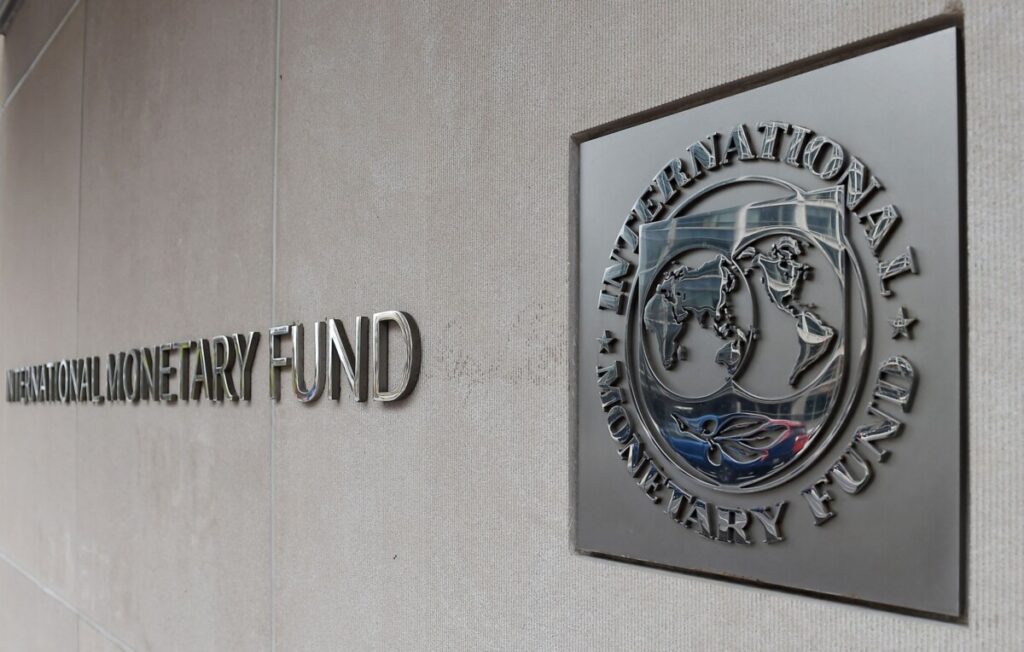The members of staff of the International Monetary Fund (IMF) who have just completed the 2020 Article IV virtual mission to Nigeria have commended the country for fiscal transparency measures introduced to facilitate tracking and reporting of budget emergency funding.
It noted that new budget lines have been created, with information on monthly expenditures using emergency funding posted on the Transparency Portal by the Ministry of Finance, Budget and National Planning.
The Mission, in their report, called for major policy adjustments that could embrace broad market and exchange rate reforms, saying that reforms are needed to address recurrent balance of payments (BOP) pressures and raise the medium-term growth path in Nigeria.
According to the Mission, a durable solution to Nigeria’s recurrent BOP problems requires recalibrating exchange rate policies to reduce BOP risks, instill market confidence and facilitate private sector planning. The Mission recommended a multi-step transition to a fully unified exchange rate regime, with a market-based, flexible exchange rate.
Considering revenue mobilisation, the Mission said: “Significant revenue mobilisation—through tax policy and administration improvements—is required to create space for higher social spending and reduce fiscal risks and debt vulnerabilities. With high poverty rates and only a gradual recovery in prospect, revenue mobilisation will need to rely initially on progressive and efficiency-enhancing measures, with higher VAT and excise rates awaiting until stronger economic recovery takes root.
“The mission welcomed this year’s reduced dependence on central bank financing of the budget and recommended its complete removal in the medium term. This could be accomplished by improving budget planning and public finance management practices to allow for flexible financing from domestic markets and better integration of cash and debt management.
“The Bureau of Public Procurement (BPP) has also issued guidelines on COVID-19 emergency fund use, and the Nigeria Open Contracting Portal has been publishing related procurement contracts.,” it further noted.
It called for further steps needed to ensure more consistent access to the Transparency Portal and publication of contract details relating to beneficiary ownership.
The mission welcomed the recent submission of the Petroleum Industry Bill (PIB) to the Parliament. The Fiscal Framework chapter of the bill appropriately rebalances the government take in onshore/offshore production, with the aim of providing a fair share to the government while remaining attractive to investors.
It agreed with the Central Bank of Nigeria (CBN) that the accommodative monetary stance remains appropriate in the near term given the constrained fiscal space, large fiscal financing needs and strained sovereign external market access. However, speaking on the BOP and the inflationary pressures, it said: “If BOP and inflationary pressures intensify, there might be a need to withdraw liquidity or raise rates. Given weak transmission and record low market interest rates, further cuts in the Monetary Policy Rate are unlikely to provide additional support to the economy. In the medium term, the operational monetary policy framework, along with policy strategy and communication, should be strengthened to establish the primacy of price stability.
“While the banking sector has been resilient thanks to the ample pre-crisis buffers, the mission recommended vigilance and corrective actions to prevent an increase in financial stability risks arising inter alia from increasing non-performing loans. In this connection, debt relief measures for clients should remain time-bound and limited to clients with good pre-crisis fundamentals, in line with existing regulations.
“The minimum loan-to-deposit ratio should be removed, given its limited effectiveness and potential risks to financial stability. Regarding financial inclusion, the mission welcomed notable progress in narrowing gender and regional gaps in access to financial services, including through fostering financial literacy, agency banking and use of fintech.
“On the structural front, the approval of the power sector recovery program financing plan, the ratification of the African Continental Free Trade Area (AfCFTA), and the completion of key road projects are positive steps. Going forward, the mission recommended decisive actions to tackle governance weaknesses and implement regulatory and trade-enabling reforms, including the lifting of trade restrictions, to unlock Nigeria’s strong growth potential.
While the Mission said that it is critical to continue strengthening the anti-corruption framework and implement plans to improve the effectiveness of the AML/CFT framework, Yunusa Tanko Abdullahi, Special Adviser , Media and communications to the Honourable Minister, in his opinion, said that the report is not far from the truth based on the fact that the federal government has evidently put in place measures to mitigate the volatility in the oil sector and the negative impact of COVID-19 pandemic on the economy.






